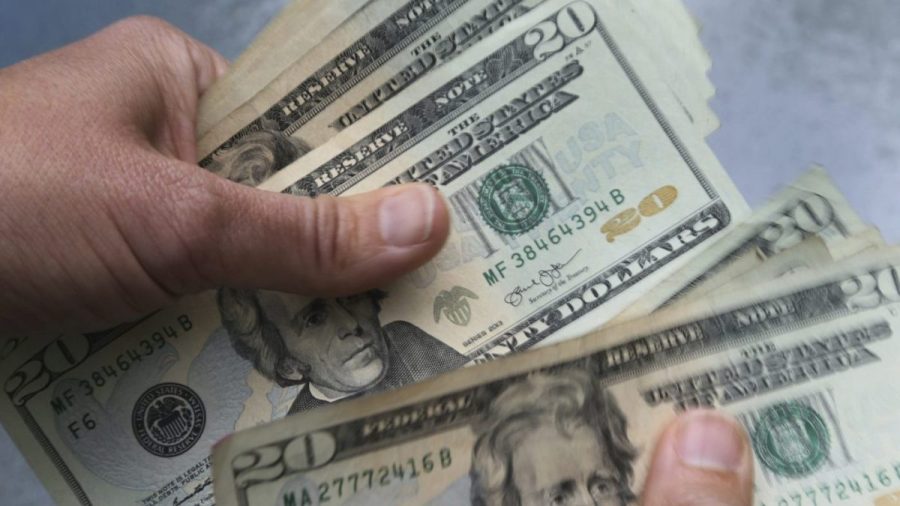HONOLULU (KHON2) — Every year, the City and County of Honolulu pays out millions of dollars to settle lawsuits.
According to city budget records, taxpayers covered $7.7 million in settlements in 2022, $11.8 million in 2023, and $17.5 million last year.
Some of those payouts go to people who later end up in handcuffs.
“The police department can’t go to a suspect and say, ‘Hey, we had to use resources on you, so now we’re requiring you to pay that back.’ The police department is not set up for that, and it would be a matter of public policy to require a suspect to pay the city back for resources that it had to use in executing a warrant on the suspect,” said attorney Megan Kau.
Two recent examples: Marquis Johnson and Jonaven Perkins-Sinapati.
Johnson received a $290,000 payment in June after he sued the city, alleging police misconduct, saying he had been wrongfully detained and assaulted by police in Waikiki back in 2020.
Last week, Johnson was charged with first-degree assault for allegedly throwing acid on a man in Chinatown. He’s currently being held on a half-million-dollar bail.
Check out more news from around Hawaii
Jonaven Perkins-Sinapati received $12.5 million in 2023, as one of five occupants in the Honda Civic that crashed in September 2021 following a high-speed police chase in Makaha. He was arrested and charged last June on multiple drug and gun charges and is awaiting trial.
Those arrests left some asking – why should people who break the law get to keep taxpayer money?
“Generally speaking, once a settlement agreement is signed and payment is made. There’s no turning back,” said Kau.
The decision by the city to settle is often based on financial calculations and uncertainty regarding verdicts. And settlements don’t hinge on whether the plaintiff is a law-abiding citizen or has a strong case.
The settlements come from the general fund. And while taxpayers may not like it, it could be viewed as the cost of business when it comes to governments getting sued every year.
